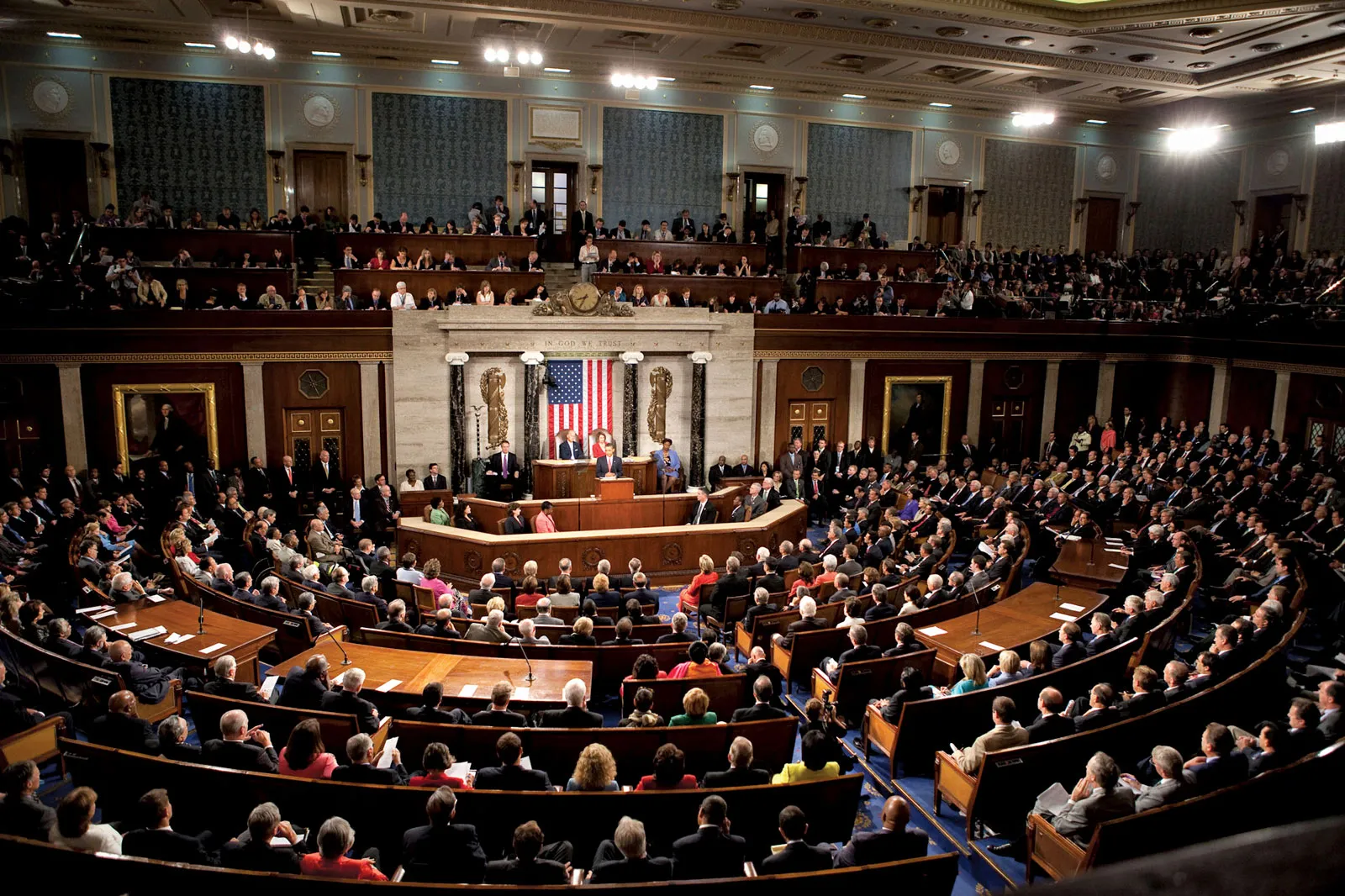The House of Representatives moved with unusual speed and unanimity on Wednesday, voting 426–0 to repeal a little-known provision slipped into the recent government funding bill — a provision that had sparked bipartisan disgust the moment lawmakers discovered what was inside.
The clause, quietly included near the end of negotiations, allowed senators to sue the Department of Justice for up to $500,000 if their personal phone records were seized without notice during a federal investigation. The rule applied only to senators, not House members, not executive branch officials, and certainly not everyday Americans.
Most members of the House didn’t even know the clause existed until after the Senate had already passed the bill and adjourned. By then, the damage had been done — and lawmakers across the political spectrum were furious.
House Members Stunned By Senate Move
According to several House Republicans, the provision appeared suddenly and without warning, reportedly inserted with the approval of Senate Majority Leader John Thune and Senate Minority Leader Chuck Schumer. The lower chamber had been caught entirely off guard.
House Speaker Mike Johnson said he was unaware of the perk’s inclusion until after the Senate sent the final bill across the Capitol.
“I wish they hadn’t, and I think it was a really bad look,” Johnson said, later admitting he had already left Washington when the discovery was made.
That “look” was compounded by the timing: the government was already in the middle of a record-breaking shutdown, with the House adjourned and tensions running high. To many representatives, learning that senators had carved out a half-million-dollar legal shield for themselves — while federal workers and citizens bore the brunt of the shutdown — was infuriating.
Why the Senate Wanted the Protection
The controversial clause was crafted after eight senators learned that their phone records had been obtained by the Justice Department during the Biden administration’s “Arctic Frost” investigation. The probe reportedly involved sensitive leaks and foreign influence concerns.
Under the inserted rule, senators — and only senators — were given the power to file a retroactive lawsuit seeking $500,000 in damages from the federal government for the seizure of their records.
California Republican Rep. Kevin Kiley didn’t mince words. On the House floor, he called it a “Be a Millionaire provision,” and accused the Senate of treating the lower chamber as an afterthought.
“The Senate was so thoroughly convinced of the House’s irrelevance that they thought they could literally insert a self-enrichment scheme into the legislation and get away with it,” he said.
Rep. Chip Roy of Texas added that the entire arrangement was “self-serving” and “self-dealing.”
Repeal Threatened to Extend the Shutdown
Despite the bipartisan anger, repealing the provision wasn’t as simple as it sounded. Removing the clause from the funding bill would have forced both chambers back into negotiations — extending the already historically long shutdown.
Johnson eventually promised to introduce a repeal measure after multiple lawmakers threatened to block the funding package entirely if the Senate perk remained in place.
The speaker said last week that while he trusted John Thune, he believed the provision was “hoisted” into the bill at the last minute by a group of senators who bypassed normal procedure.
Thune, for his part, defended the clause and stayed noncommittal on whether the Senate would address the repeal.
“The House is going to do what they’re going to do with it,” he told reporters. “The law that was violated was a statute that only affected the Senate. We drafted this whole thing not to in any way implicate the House.”
Even so, the House moved ahead — and in an era defined by bitter partisanship, the 426–0 vote spoke for itself.
While Washington Fought Over Perks, the Senate Passed Major Energy Legislation
In a striking contrast, the same week the Senate was under fire for protecting itself, the chamber also approved a sweeping nuclear energy package with overwhelming bipartisan support.
The legislation — passed 88–2 — aims to accelerate the approval process for new nuclear power plants, lower licensing fees for energy companies, and force the Nuclear Regulatory Commission to streamline environmental reviews.
Sens. Ed Markey and Bernie Sanders were the only senators to vote against it.
The move aligns with the Trump administration’s aggressive push to boost domestic nuclear production and reduce America’s reliance on foreign energy markets. President Trump recently issued several executive orders directing regulators to approve new nuclear plant applications within 18 months — part of a broader strategy to “unleash American energy.”
Once seen as a global leader in nuclear engineering, the U.S. has fallen behind in recent years as China rapidly expands its reactor fleet. Lawmakers on both sides of the aisle say the new reforms could help reverse that trend.
A Tale of Two Chambers
On one hand, the Senate has spent the week defending a controversial legal protection many Americans saw as elite self-interest. On the other, it passed what could become one of the most consequential energy bills of the decade.
The House, meanwhile, remains laser-focused on accountability — demanding the repeal of the Senate perk while juggling the fallout from the shutdown and the pressure to address federal spending.
What’s clear is that the episode has fueled fresh distrust between the two chambers — and raised new questions about how much lawmakers knew, and when.

Sarah Mitchell is a bestselling novelist recognized for her insightful and emotionally resonant stories that explore the complexities of human relationships. Originally from Denver, Colorado, Sarah grew up in a family of teachers who nurtured her curiosity and love for storytelling. She studied psychology at Stanford University, where she became fascinated by the intricacies of human behavior—an interest that would later shape her writing career. Sarah’s novels are praised for their nuanced characters, intricate plots, and ability to capture the subtle tensions that define love, friendship, and family ties. Her breakthrough novel, The Spaces Between Us, became an instant bestseller, lauded for its honest portrayal of strained family relationships and the fragile bonds that hold people together. Since then, she has published several works that continue to captivate audiences around the world. Outside of her writing career, Sarah is passionate about mental health advocacy and often partners with organizations to promote awareness and support for those struggling with emotional well-being. Her personal life is quieter—she enjoys hiking in the Colorado mountains, practicing yoga, and spending time with close friends. With each new book, Sarah Mitchell cements her reputation as a writer who illuminates the beauty and struggles of human connection.









